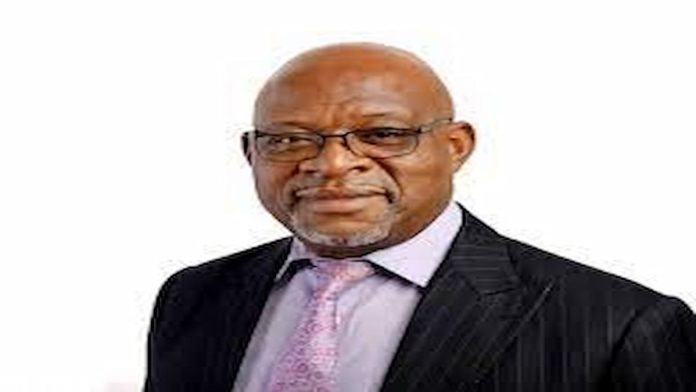The war risk premium on shipping has been referred to as global fraud by Temisan Omatseye, a former director-general of the Nigerian Maritime Administration Safety Agency.
He recently asserted that nations continued to pay the war risk premium without receiving claims while speaking at the Taiwo Afolabi Annual Maritime Conference in Lagos.
“It is an unseen charge, so you cannot see it, but it is included in the price you pay. And someone is obtaining that cash. I will continue to hold that the war risk premium is a scam, he stated.
An insurance policy known as “war risk insurance” shields the policyholder from financial harm caused by occurrences including invasions, insurrections, riots, strikes, revolutions, military coups, and terrorism.
According to Omatseye, Nigeria was spending $400 million a year on war risk insurance as of 2009. “When I was the DG of NIMASA, Nigerian Liquified Natural Gas came me and complained that the amount they were paying for the war risk premium was too high. In 2009, Nigeria was making payments totaling $400 million annually. There hasn’t been a single allegation, and that was simply for LNG and light carrier vessels.
He claimed that several individuals gathered at Lloyd and established a war risk committee, which makes decisions.
Omatseye added that it was regrettable that Nigeria had given outsiders control of its future in the maritime sector and emphasized the necessity for the nation to begin building up its domestic capability.
In his opening remarks, Dr. Taiwo Afolabi, Chairman of SIFAX Group, stated that the country’s maritime industry was dealing with a number of problems, including a lack of infrastructure, a shortage of foreign exchange, and insecurity on Nigerian waterways. He was represented by Mr. Bode Ojeniyi, Managing Director of Skye Capital.
He also mentioned uneven policies and low technology adoption and deployment as some of the issues the industry was facing.
“The TAAM Conference was born to serve as a platform where key issues that will spawn innovations and useful ideas needed to sustain the growth of the maritime sector are discussed and practical solutions are proffered to challenges confronting the sector,” he said.
Funmi Folorunsho, the secretary-general of the African Shipowners Association, stated that the country’s available vessels did not meet the necessary requirements for the current commerce. We currently require a Nigerian shipping line, not a national one.











